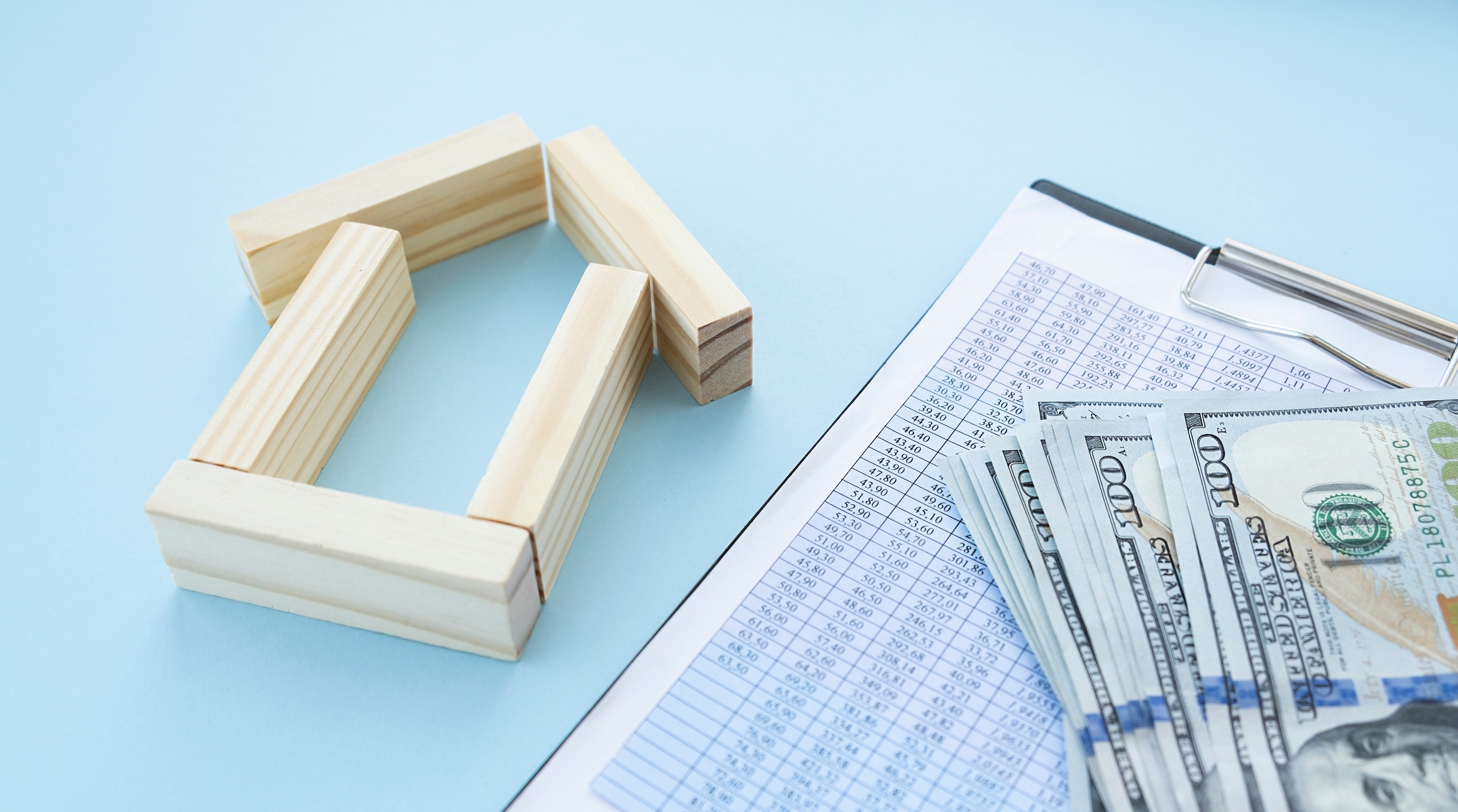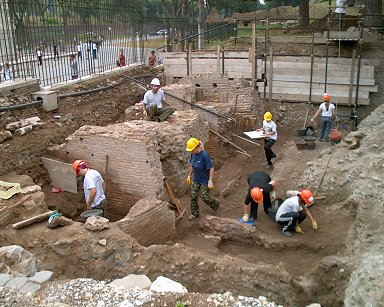It does not matter if you are a first time or a fifth time home buyer; you will likely secure your purchase offer and legitimize your purchase contract with a deposit known as earnest money.
ear·nest mon·ey, noun
money deposited by a buyer to confirm intent to purchase and to ensure buyer best efforts to complete the sale as defined by the contract.

When you make an offer to buy residential real estate, you pay a sum acceptable to the seller by way of earnest money. The amount varies based on geography, home price, local regulation, and the state of the market at the time of negotiations.
In a real estate market with limited inventory, typically be referred to as a “seller’s market,” your earnest money – or lack thereof – can make or break your deal for several reasons.
First, it shows the seller you are legitimate in your desire to purchase their property. Earnest money, since it is non-refundable in the case of breach of contract (failure to close), shows an intention of closing the sale. To execute the contract, it indicates a level of confidence to the seller that you are ready, willing, and qualified to make things happen. If you fail to meet your obligations as defined in the purchase contract you can, and sometimes will, forfeit your earnest money deposit.
An earnest money deposit (EMD) should be held by a third-party escrow company according to the terms of the executed purchase contract. The fiduciary responsibility of the agent accepting the earnest money is to deposit the money in the right place.
The Process:
- Earnest money is submitted to an escrow company with the accepted purchase contract
- At the close of escrow, the EMD is credited towards the down payment and/or closing costs
- If there are no closing costs or down payment, the EMD is refunded back to the buyer
Failure on the part of the real estate agent to adhere to the rules and regulations of the state in which the property resides is the most common cause for earnest money confusion.
The EMD may actually be cashed at the time escrow is opened. In order to use it as an asset with a mortgage underwriter you will usually be required to source where the funds came from to ensure that it was an allowable source.
Typically, although not always, the following deposit sources are allowed:
- Your personal (joint, if married) checking or saving account, or other liquid assets
- Your 401K, IRA, or other retirement accounts
- Assets obtained from the sale of real estate or other secured collateral
- Gift funds from family, community organizations, churches or other parties with a legitimate vested interest in you and your family
Please note, this list is not all-inclusive, and it is imperative you discuss the source of your downpayment and cash to close monies with a knowledgeable, experienced mortgage loan officer before you apply.
There are usually contingencies within the purchase contract designed to protect the buyer in case something goes wrong during the inspection or appraisal process. However, both parties could do a better job educating potential home-buyers on the risks of putting down earnest money, especially before full mortgage pre-approval.
Amazon.com Best-selling author, Shashank Shekhar (NMLS 8176) is a mortgage lender with Arcus Lending, offering loans for home purchase and refinance. Shashank has been featured as a mortgage expert on Yahoo! News, ABC, CBS, NBC and FOX. He has been named "Top 40 under 40" most influential mortgage professionals in the country.

















